Sharing with VNN reporters, Associate Professor Dr. Tran Thanh Duong, Director of the Institute of Nutrition, said that the structure of Vietnamese meals has changed significantly in the past 10 years. The diet is more balanced, closer to the recommended needs for energy-producing substances from glucid, protein, and lipid.
However, the balance of the diet is still not guaranteed, the daily diet in many places still has too much animal protein. The average meat consumption is 134 grams/person/day, of which red meat is 95.5 grams (recommended requirement is 70 grams/person/day), poultry 36.2 grams, meat products 4.7 grams. In urban areas, meat consumption is even higher, red meat alone is 155.3 grams, poultry 36.5 grams and meat products 3.9 grams.
Unhealthy eating habits and nutritional imbalances (lots of meat, animal fat, few green vegetables and fruits) of Vietnamese people have increased chronic diseases related to nutrition such as overweight, obesity, high blood pressure, diabetes, gout, dyslipidemia, etc.
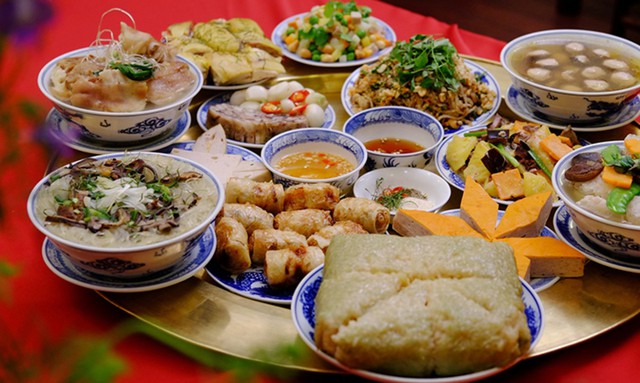
Illustration photo
How much red meat is safe to eat?
The International Cancer Prevention Fund and the American Institute for Cancer Research recommend consuming no more than three servings of red meat per week. The total amount of red meat per week is approximately 350 - 500g after processing (equivalent to a maximum of approximately 700g of raw meat and excluding the weight of bones). If calculated per day, the amount of red meat should not exceed 70g/day (cooked meat), equivalent to approximately 100g/day of raw meat excluding bones.
You should use lean meat, increase the use of poultry, fish, eggs, and milk as foods to replace red meat in daily meals to ensure adequate supply of protein and micronutrients.
7 signs your body warns you are eating too much meat
Bloating, flatulence
The proteins in meat, especially red meat, are difficult for the body to break down, leading to bloating. They are also high in fat, which can leave your stomach feeling empty, bloated, or uncomfortable. Improper digestion of meat can cause toxins to build up in your body.
Frequent constipation
If you eat too much meat and not enough fiber, you may experience constipation. Although beef is one of the most easily digestible proteins, eating too much of it can mean an imbalance in your diet. Eat meat in moderation and make sure you eat enough fiber-rich foods and stay hydrated.
Always hungry
If you feel hungry all the time, even after eating, it means you've had too much protein. When you don't have enough carbs, your blood sugar drops, your body doesn't produce enough of the mood-regulating hormone serotonin, which makes you feel hungry. Try cutting out meat for a few days and you'll feel better.
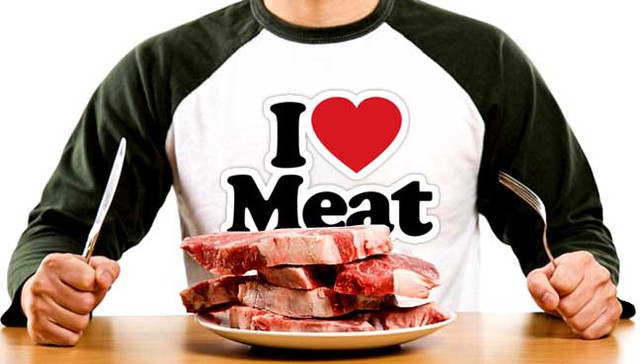
Illustration photo
High blood pressure
Processed and cooked meats are high in sodium because they are salted and preserved. In addition, the high saturated fat content in red meat can increase blood pressure and lead to heart disease.
sleepy
Meat is a protein-rich food that can provide a rich source of energy for the body. But the problem is that protein is absorbed slowly by the body. Therefore, protein cannot provide energy quickly and immediately to the body like foods rich in starch. Therefore, the brain can be less focused and create a feeling of sleepiness.
Dark circles under the eyes
Many people think that dark circles under the eyes are due to lack of sleep and fatigue. However, if you suddenly see them appear a lot after eating meat, it is a sign that the body is not digesting meat properly. When that happens, the intestinal wall is damaged, toxins can seep into the blood. The body tries to create antibodies to eliminate foreign substances, so they create dark circles under the eyes.
Body odor appears
When you eat, your body uses energy to digest and process food. This is called diet-induced thermogenesis, and it can actually slightly increase your body temperature.
Since protein is the food that requires the most energy to digest, it can have a greater impact on thermogenesis than other foods. Therefore, eating too much meat will make your body sweat more and cause unpleasant body odor.
Source








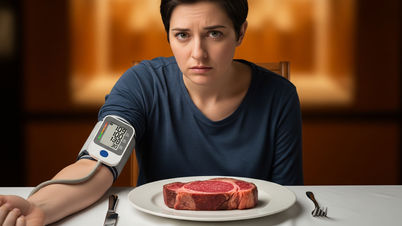



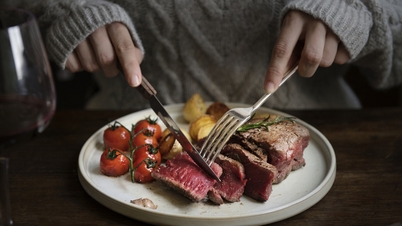


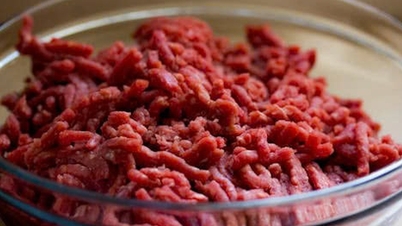




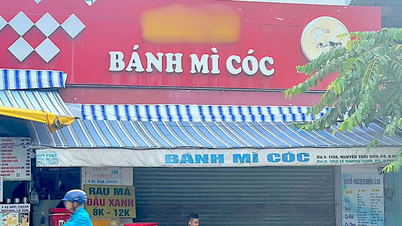

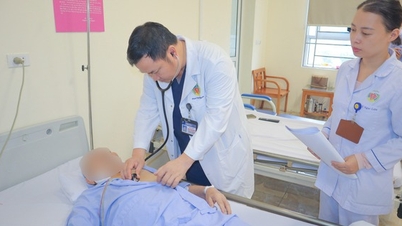








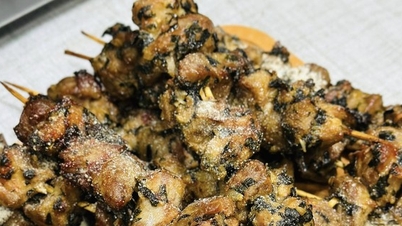












































































Comment (0)